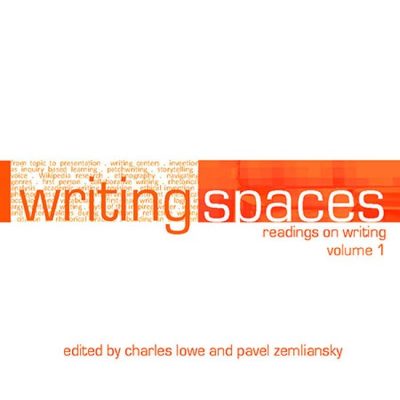5 Laura Bolin Carroll’s Backpacks or Briefcases: Steps toward Rhetorical Analysis
Writing Spaces Volume 1
The article provides a definition of rhetorical analysis and a rational for its necessity, tying the concept to real world experiences such as personal interactions and media exposure. The author focuses heavily on media content, explaining that rhetorical analysis is needed to prevent individuals from becoming blind followers of someone else’s logic and interpretations. Instructors can use the real-world examples and discussion questions included to help guide students to a better understanding of rhetorical analysis and its use in everyday life. Students are taught that, while they may not know the term, they perform or are expected to perform such analysis in their everyday lives. This realization will help build students’ confidence and make the concept easier to grasp and eventually perform in a more academic setting.
“Because media rhetoric surrounds us, it is important to understand how rhetoric works. If we refuse to stop and think about how and why it persuades us, we can become mindless consumers who buy into arguments about what makes us value ourselves and what makes us happy.”
MLA Citation Examples
Works Cited
Carroll, Laura Bolin. “Backpacks or Briefcases: Steps Toward Rhetorical Analysis.” Writing Spaces: Readings on Writing Volume 1, edited by Charles Lowe and Pavel Zemlianksky, Parlor Press, 2010, pp. 45-58.
In-text citation
“Because media rhetoric surrounds us, it is important to understand how rhetoric works. If we refuse to stop and think about how and why it persuades us, we can become mindless consumers who buy into arguments about what makes us value ourselves and what makes us happy ” (47).
APA Citation Examples
References
Carroll, L.B. (2010). Backpacks or briefcases: Steps toward rhetorical analysis. In Charles Lowe and Pavel Zemliansky (Eds.), Writing Spaces: Readings on Writing, vol. 1 (pp. 45-58). New York: Parlor Press.
In-text citation
“Because media rhetoric surrounds us, it is important to understand how rhetoric works. If we refuse to stop and think about how and why it persuades us, we can become mindless consumers who buy into arguments about what makes us value ourselves and what makes us happy ” (p. 47).
Chicago Citation Examples
Bibliography
Carroll, Laura Bolin. “Backpacks or Briefcases: Steps Toward Rhetorical Analysis,” in Writing Spaces: Reading on Writing Volume 1, ed. Charles Lowe and Pavel Zemliansky (New York: Parlor Press, 2010), 45-58
In-text citation
“Because media rhetoric surrounds us, it is important to understand how rhetoric works. If we refuse to stop and think about how and why it persuades us, we can become mindless consumers who buy into arguments about what makes us value ourselves and what makes us happy ” (Carroll, 2010, 47).


